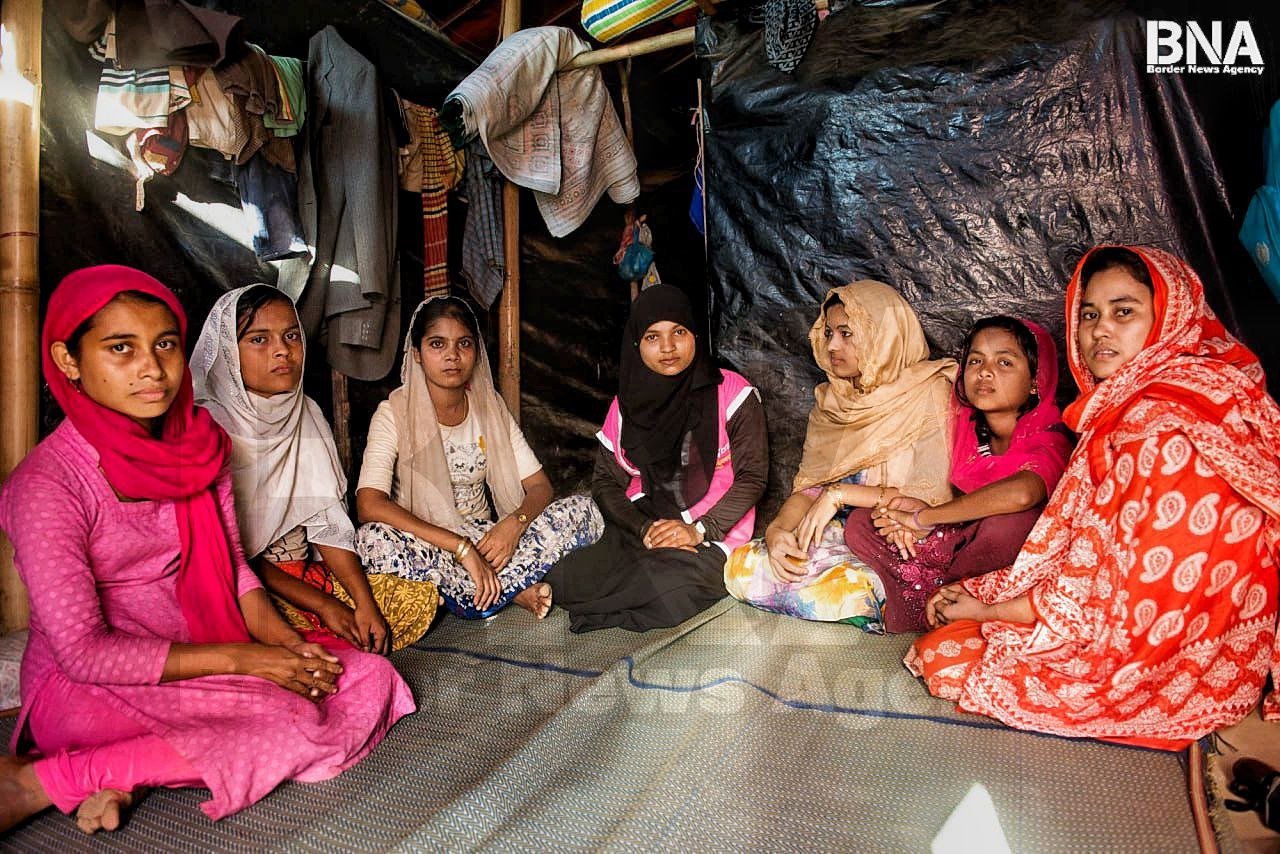Cox’s Bazar, Bangladesh While the world advances in science and technology, Rohingya girls in refugee camps remain deprived of even the most basic education.
With limited access to schooling, their dreams of learning and pursuing careers in science remain out of reach, buried under the daily struggles of survival.
For many young Rohingya girls, education is not an option.
Instead, their days are spent collecting water, cooking, and caring for their families.
In the overcrowded refugee camps, where life is uncertain and resources are scarce, girls are often expected to take on household responsibilities from a young age.
While boys may still find some opportunities to study, the situation for girls is far worse.
A 15-year-old Rohingya girl, who once dreamed of becoming a doctor, shared her frustration: “I wanted to study science and help my people, but now I spend my days fetching water and doing housework. There are no proper schools, and even if there were, my family needs me at home.”
The lack of education for Rohingya girls is not just about poverty but also about deeply rooted cultural and social barriers.
Many parents, fearing for their daughters’ safety or following traditional customs, keep them out of school.
Others see no point in sending girls to study when they believe their future lies in marriage and household duties.
Human rights activists and education advocates warn that without urgent intervention, an entire generation of Rohingya girls will remain trapped in a cycle of illiteracy and poverty.
One Rohingya educator, working in a small learning center, emphasized: “Education is a basic right, but here, it feels like a privilege that girls can’t afford. If we want to change the future of our community, we must start with educating our girls.”
Despite these challenges, some Rohingya girls continue to fight for their right to learn.
In makeshift classrooms and informal learning centers, they study with hope, dreaming of a future where they can become doctors, teachers, and leaders.
However, without proper support from the international community and NGOs, these efforts remain limited.
The Rohingya community is urging global organizations to invest in education programs for girls, provide safe learning spaces, and challenge cultural barriers preventing them from studying.
Without immediate action, the world risks leaving behind thousands of bright, ambitious Rohingya girls who have the potential to contribute not only to their community but also to the world.
As one young girl in the camp put it: “If we are not educated, we will always be powerless. But if we are given the chance to learn, we can change our future.”






